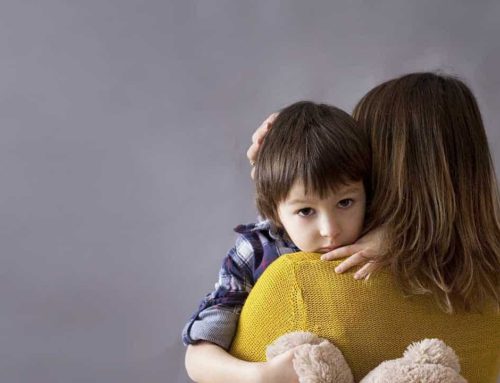Like many teens and adults, I sat transfixed to my television and binge watched “13 Reasons Why” on Netflix a few months ago. I literally could not tear myself away from the TV for about a week.
This show drew me in by depicting the story of high school student Hannah Baker who commits suicide. Hannah distributes 13 cassette tapes outlining the ways in which people in her life wronged her and ultimately led her to take her own life. The last few episodes were especially hard to watch, as they showed a particularly horrific rape, Hannah’s attempts to reach out to the unhelpful school guidance counselor, Hannah taking her life, and her parents finding her body in a bloody bathtub.
When I was done watching the show, I could not stop talking about it, whether it was with friends, colleagues, or clients that I see at the office. I also read articles and online posts outlining a wide spectrum of reactions, ranging from praises to attacks for “glamorizing suicide” and failing to depict the support that exists for teens in a similar position. Regardless of your position, there is no question that this show got people talking about depression, suicide, and mental health issues. And these are conversations that need to be had, no matter how difficult, awkward, or scary they might be.
Parents need to be talking to their children and teens, and children and teens need to reach out to their parents or guardians if they are struggling and need help. We all need to do our part to ensure that there is no stigma attached to these topics, no conversation off limits, and open lines of communication. Our children and teens should not feel that they are alone – they can’t suffer in silence thinking that no one understands what they are going through and things will never get better, just as Hannah Baker from the show erroneously believed. Let’s make sure her experience serves as a cautionary tale for us all.
Tips for parents
Make sure you are paying attention to any noticeable changes in your child’s or teens’ behaviour (disinterest in favourite activities, acting out, withdrawing from family and friends, changes in eating and sleeping patterns, declining grades, etc.). If you have concerns, speak to your child’s family doctor or pediatrician, call 310-COPE, and/or take your child or teen to a licensed therapist. If you feel they are at imminent risk, take them to the nearest ER.
Alter, Stuckler & Associates are a team of registered psychologists and a social worker that provide compassionate psychological care. We have provided service to individuals, couples and families from Thornhill, Markham, Vaughan and throughout the Greater Toronto Area for more than 30 years. Have a question for our team? Contact us today.



